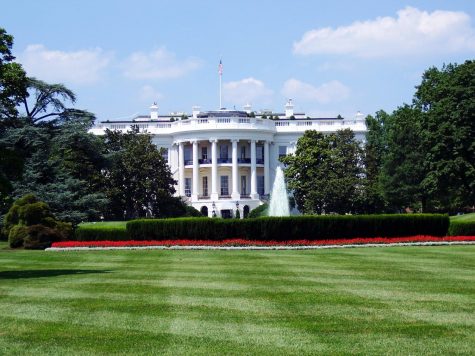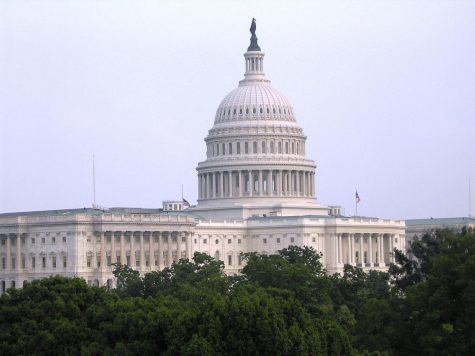Free education; is it really that costly?
Going to college is expensive–it’s a fact that has been made clear to students since day one of high school and quite possibly earlier. We’ve grown up around and been motivated by the ridiculous prices colleges demand. As soon as freshman year begins, we’re told to begin researching colleges and figuring ourselves out. One of the most popular questions we’ll ever hear is, “So what do you want to be when you grow up?”
As teenagers, it’s difficult to feel okay with being undecided. Students pressure themselves to join as many extracurricular activities as possible to stand out to colleges, even if they don’t actually enjoy the activity. The letter grades given to students become the most important factor in determining a person’s self-worth because these grades will be a ticket into a college. Students’ lives are composed of school work, which shouldn’t be considered a bad thing, until it becomes the most stressful part of their lives. With their grades, on top of extracurricular activities and, for many, an actual job, while factoring in their home life, the mix of stress can easily start to become overwhelming.
In our day and age, living with a highly competitive global economic status, it is practically necessary for a person to go to college to earn the job they want. If one doesn’t, they may be ridiculed, and told you’ll never amount to what you want to be. Whether or not this be a true accusation, someone’s self-worth is undoubtedly derived from how successful they are in school. We are told college is the most important stepping stone for our futures, but accessing it has become increasingly difficult, as many can’t even afford it.
I’m sure most people reading this has some knowledge on the cost of college, and how it has affected them, in one way or another. Whether you’re an adult piled in mounds of crippling student loan fees or a student who’s balancing the stress of earning good grades and working a part-time job every night trying to make all of these ends meet, college prices are affecting you. All of these factors conjure several of questions-what would happen if we didn’t have to pay for college? If there weren’t these added stresses that pre and post-college prep brings to us, how would our lives change?
For those not already aware, these questions could turn into reality for our country with this upcoming election. This idea is not a radical one, nor is it anything we haven’t been presented before. Countries such as Germany, Finland, Norway, and Sweden have already claimed themselves a college tuition-free country, and many others are considering following in their footsteps. Democratic candidate Bernie Sanders, in particular, feels strongly on making 4-year community college free for all American citizens. He believes that if other countries can do this, the United States of America should be able to. With his plan, low-income students will be able to earn 100% financial assistance for room and board, books, and other living expenses without needing to be concerned about paying it back. Sanders has yet to go public with any specific or legitimate numbers regarding the tax increase, which is concerning, but he plans to pay for the $75 billion dollar a year plan by imposing a tax on all Wall Street speculators.
For those of us who are conflicted about college, this seems like a dream come true. Free college could easily make many of our current problems dissolve. The plan is being met with some harsh criticisms, though, some of which are valid concerns. It is important to remember that the president is not completely in charge of every event that happens in our country.
While it is not politically a major possibility, there are so many benefits that could come with free education if, and only if, it was handled
The price of school cripples so many Americans that they choose not to go or to attend for a small amount of time spread out over years and years so they don’t find themselves bankrupt. Free education allows students of any social class to have the opportunity to go to college and make something out of themselves that counteracts the stereotypes of students who don’t go to college.
Going to school will benefit anyone who chooses to go; learning is always beneficial. More and more jobs are beginning to require a college education, which is proving itself difficult for those who can’t go to college simply because they are unable to afford it. College graduates will make more money through these available jobs, as well as having more, and better, employment opportunities. They can have more advanced options of the career they genuinely want, and free college would allow people time to decide instead of making them feel pressured to know exactly what they want directly out of high school. Tuition-free college can offer itself as a chance for people to learn what their lives will be like as they enter the “real world.” Going to college allows people to find motivation to get the job they want. Many college graduates make an improvement on our society, which we so desperately need. We cannot engage in a better America without the constant improvement from educated civilians; free college would improve the minds of those who are currently indifferent about attending college.








